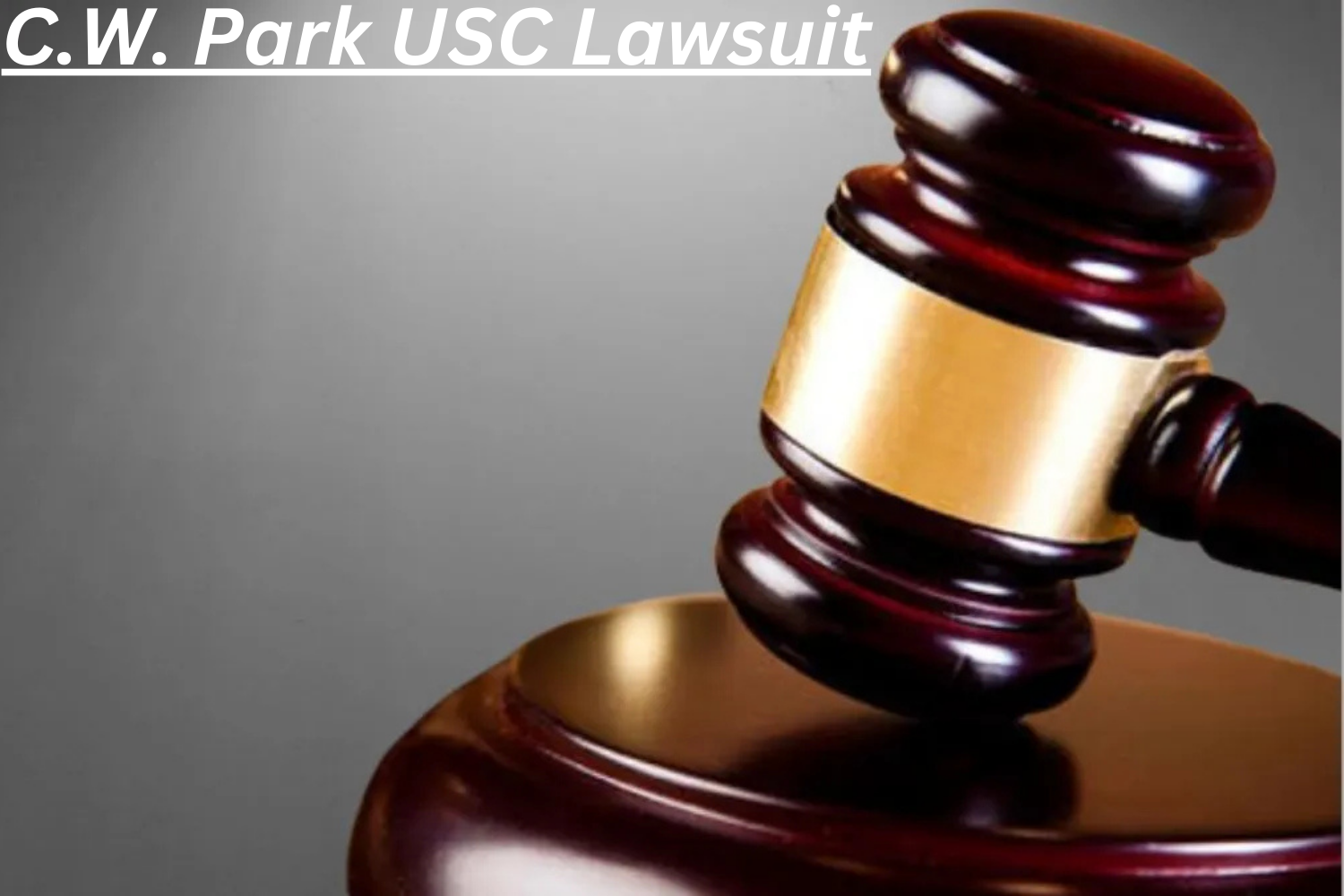Introduction to C.
W. Park and USC
The C.
C.W. Park USC Lawsuit has captured the attention of many, stirring conversations about accountability and justice within higher education. As allegations of sexual misconduct surface, they bring to light not only the specifics of this case but also broader concerns that affect universities across the nation. This lawsuit stands as a pivotal moment for the University of Southern California, prompting stakeholders to reevaluate their policies and commitment to student safety. Join us as we delve into this significant legal battle—exploring its key developments and far-reaching implications for students, faculty, and educational institutions alike.
Overview of the Lawsuit
The C.
W. Park USC lawsuit has attracted significant attention within academic circles and beyond. It stems from allegations of sexual misconduct against the university’s staff, which have raised serious questions about institutional accountability.
C.
W. Park claims that USC failed to provide a safe environment for students. The lawsuit outlines specific instances where policies were allegedly neglected, allowing an unsafe culture to flourish.
The legal action is not just about one individual’s experience; it reflects broader concerns over how universities handle accusations of sexual misconduct. Many believe this case could set a precedent for future lawsuits involving educational institutions.
As details unfold in court, both the plaintiff and defendants are prepared to present their narratives—each representing differing perspectives on responsibility and justice in academia. This legal battle promises to shine a light on critical issues affecting higher education today.
Key Developments in the Case
As the C.
W. Park USC lawsuit unfolds, several key developments have captured public attention.
Initially, new evidence surfaced that allegedly implicates university officials in mishandling complaints. This has raised serious questions regarding their commitment to student safety.
Additionally, a series of depositions from faculty and staff are shedding light on institutional practices surrounding sexual misconduct cases. Many witnesses claim there was a culture of silence that discouraged reporting incidents.
The court’s decision to allow certain documents to be made public has further intensified scrutiny on USC’s policies and response mechanisms.
Moreover, recent statements from both sides reveal contrasting narratives about accountability and transparency within the institution. The ongoing media coverage is amplifying these diverging views, making it difficult for the university to navigate its next steps without further backlash.
These developments suggest a complex interplay between legal strategy and ethical responsibility as the case progresses through the judicial system.
Implications for USC and Higher Education Institutions
The C.
C.W. Park USC Lawsuit brings to light critical issues surrounding accountability in higher education. Universities must now reconsider their policies on sexual misconduct and harassment. This case signals a pivotal moment for institutions across the nation.
As public attention grows, schools may face increased scrutiny regarding their handling of similar allegations. The pressure is on administrators to create safer environments for students and staff alike.
Moreover, this situation could lead to changes in funding allocations. Institutions that fail to address these concerns might see decreased financial support or even legal challenges from stakeholders.
Student activism will likely increase as well. Many young people are calling for more transparency and stronger protections against abuse within academic settings.
In essence, the implications extend beyond just one institution; they resonate throughout the entire educational landscape, urging reform at all levels.
Impact on Students and Faculty
The C.
W. Park USC lawsuit has sent ripples through the student and faculty community. Many students feel anxious about their safety on campus, raising concerns about how universities handle allegations of misconduct.
This case highlights a growing need for transparency in institutional responses to such serious issues. Faculty members are also affected, as they navigate an environment where trust is essential for effective teaching and mentorship.
Tensions may rise between staff and administration as questions around accountability linger. Educators want assurance that their institution prioritizes student welfare alongside academic integrity.
Additionally, this situation serves as a reminder of the importance of mental health resources for both students and faculty during challenging times like these. Open discussions can facilitate healing but require courage from all parties involved to foster a supportive atmosphere moving forward.
The Importance of Addressing Sexual Misconduct in Universities
Sexual misconduct in universities is a pervasive issue that demands urgent attention. It affects the lives of countless students and can have lasting impacts on their academic and personal futures.
Addressing this problem fosters a safer environment for everyone. It’s about creating spaces where students feel secure to learn, grow, and express themselves without fear.
Universities must take proactive measures to develop clear policies and support systems. This includes training staff, implementing transparent reporting procedures, and raising awareness among students.
When institutions prioritize accountability and transparency, they send a strong message: sexual misconduct will not be tolerated.
This commitment not only protects individuals but also enhances the overall reputation of educational establishments. A culture of respect ultimately enriches the learning experience for all involved.
Conclusion
The C.
W. Park USC lawsuit has raised critical questions about the handling of sexual misconduct in academic institutions. As the case unfolds, it serves as a reminder that universities must prioritize student safety and well-being.
This situation highlights the need for transparent policies and effective reporting systems. The ramifications extend beyond just one individual or institution; they affect an entire community. The outcome could influence how other educational establishments approach similar issues.
Students, faculty, and administrators are watching closely as developments continue to emerge. This case has sparked conversations about accountability and responsibility within higher education settings.
Addressing these challenges is essential for building trust between students and their institutions. Ensuring a safe learning environment is not just beneficial but necessary for everyone involved in academia’s future journey.

